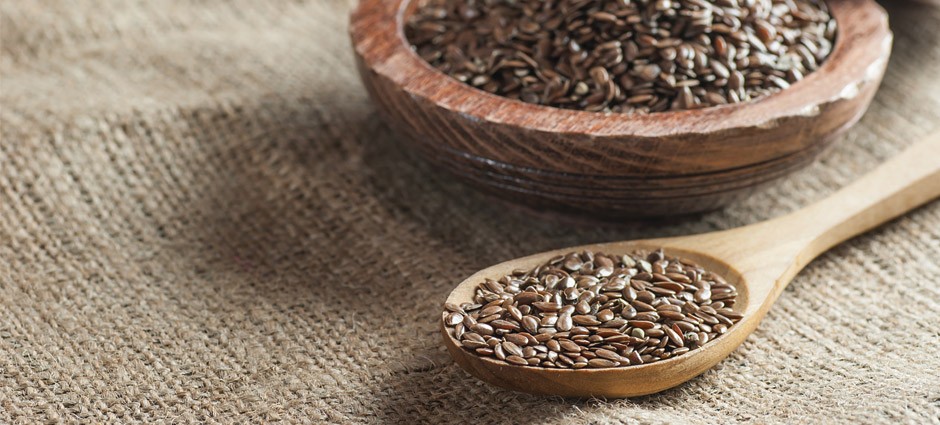Hippocrates wrote about using flaxseed as a laxative around 550 B.C. Pioneers in North America made flaxseed dressings for cuts and burns. Fiber from the plant is made into linen, and the oil is used in paints.
› Health benefits
Today, flaxseed is used as a dietary supplement for constipation, diabetes, cholesterol, cancer and other conditions. The National Center for Complementary and Integrative Health is funding research on the role of flaxseed for ovarian cancer, cardiovascular disease, metabolic syndrome, diabetes, asthma and inflammation.
Constipation
Flaxseed contains fiber, which helps with constipation. There is little research on the effectiveness of this, though.
Cholesterol
Studies on using flaxseed to lower cholesterol levels have shown mixed results. A research review in 2009 showed that flaxseed lowered cholesterol, but only in people with relatively high levels initially.
› How much do I need?
The dosage varies depending on age and what it is being used for. Be sure to follow relevant directions on product labels, and consult your pharmacist, physician or other healthcare professional before using.
Do not eat raw or unripe flaxseed, as it may contain potentially toxic compounds. Avoid flaxseed and its oil during pregnancy, as they may have hormonal effects.
› Dietary supplements
Flaxseed can be made into tablets, extracts, powders and flour. The oil from flaxseed can be used in capsules.
Source: National Center for Complementary and Integrative Health
Please consult your health care provider before making changes to your vitamin/supplement regimen.


